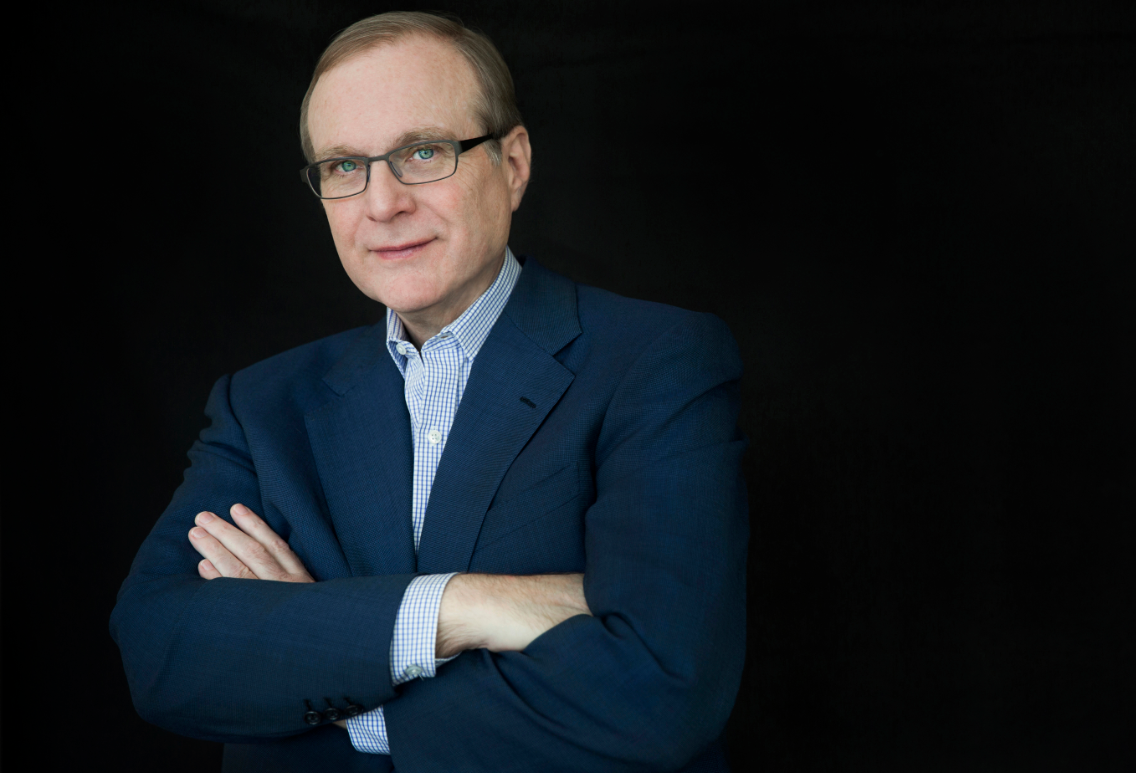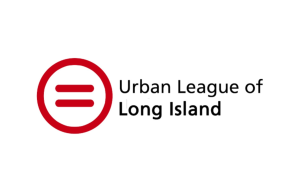Proceeds from the sale of the Seattle Seahawks ultimately will benefit the Paul G. Allen Family Foundation, pursuant to a succession plan required to be filed with the National Football League (NFL), according to a report on NFL.com.
While no sale is imminent, the Seahawks are expected to be put up for sale by the estate of Paul Allen, the Microsoft co-founder who died last month. The succession plan also states that the team will remain in Seattle, according to NFL.com.
Potential buyers are already preparing to make a bid, which could set a record for the most expensive North American professional sports franchise, according to The Seattle Times. Forbes magazine recently valued the Seahawks at $2.58 billion. A sale would surpass the most recent NFL franchise to be sold. The Carolina Panthers sold for for $2.2 billion earlier this year.
As Allen did not marry and leaves behind no children, his sister, Jody, has stepped up to take a more visible role with the Seahawks, alongside Allen’s friend, Bert Kolde, who is vice chairman of the team.
Paul and Jody Allen launched the Paul G. Allen Family Foundation in 1988. The foundation reported total assets in excess of $765 million at the end of 2016, the most recent year for which its tax forms were available. That year, it distributed almost $43 million for charitable purposes while earning $19 million in interest, dividends and other investment income.
According to The Seattle Times, Allen purchased the team for $194 million in 1997, in part to prevent the team’s potential relocation to California. He owned another sports team in the Pacific Northwest, the Portland Trailblazers of the National Basketball Association (NBA). A sale of the Trailblazers also is expected although it’s unclear if proceeds also will go to the foundation.
Allen was among the first 40 signers of The Giving Pledge in 2010. The Giving Pledge asks for the commitment of its signers to donate the majority of their wealth to philanthropy or charities, either during their lifetime or in their will. He became a billionaire by age 38, and his philanthropic giving surpassed $1 billion in 2008.
Allen, 65, died Oct. 15 due to complications from non-Hodgkin’s lymphoma.












